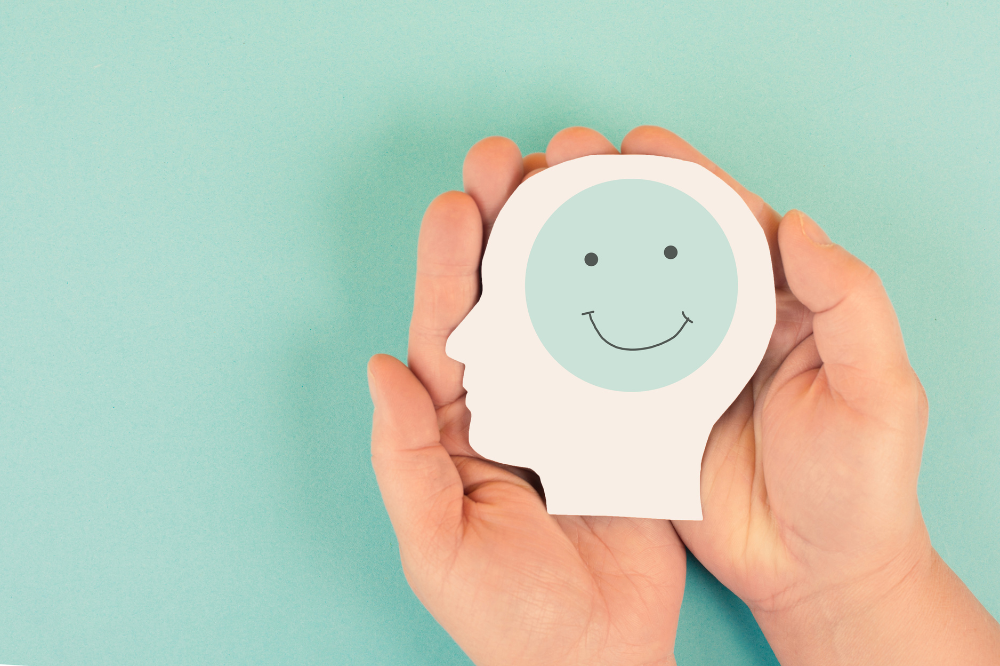
As Australian students return to school, mental health experts are urging families to play an active role in supporting young people through the pressures of study, work, and relationships. Findings from the first-ever National Family Mental Health Survey highlight the growing challenges young Australians face, particularly with social media (52%), online bullying (28%), and body image concerns (26%) ranking as the top issues affecting their wellbeing.
With 74% of surveyed families believing that youth mental health is significantly more impacted now than in previous generations, discussions around emotional wellbeing are becoming increasingly important. Many families are already incorporating mental health conversations into daily life, with 62% discussing coping strategies and 59% addressing school or work-related topics. The most common setting for these discussions is ‘in the car’ (48%), where young people may feel comfortable opening up.
Headspace’s national clinical advisor, Deb Mountjoy, underscored the importance of family involvement, particularly during transitions such as moving from primary to secondary school or entering the workforce. “The start of a new year can be really exciting, however it’s also a time of change, so some young people can also feel nervous, uncertain or unsure about what the year will hold. We encourage parents and families to regularly check in with their young people over the coming weeks to see how they’re feeling.”
In addition to family support, innovative school-based programs are proving to be an effective means of identifying and addressing youth mental health challenges. A new study led by distinguished professor Ron Rapee at Macquarie University has demonstrated the impact of a quick, online mental health screening survey. The Brief Evaluation of Adolescents and Children Online (BEACON) project involved 14,000 students and showed that simply completing the survey helped reduce emotional distress among participants.
Professor Rapee explained, “Unlike children with behavioural issues, those with emotional disorders such as anxiety, depression, or eating disorders often fly under the radar, so it’s very important that we get them the help they need early on.”
The study, which led to the development of the My Mind Check program, provides schools with evidence-based data to better understand student mental health. Schools participating in the program receive real-time notifications if students indicate significant distress, allowing for immediate intervention.
The success of BEACON and My Mind Check suggests that early identification and open conversations about mental health can lead to positive long-term outcomes. “I think it led to a lot of families opening up conversations, and the kids also felt better able to be honest about any difficulties they were having,” Professor Rapee noted.
With a combined effort from families, educators, and mental health professionals, young Australians can receive the support they need to navigate the challenges of growing up in today’s digital and high-pressure world.
